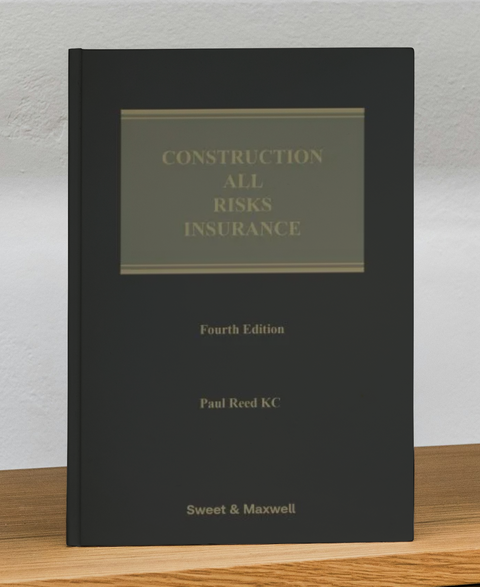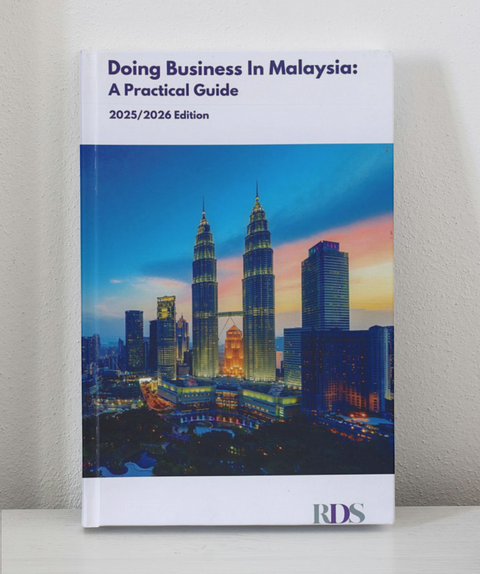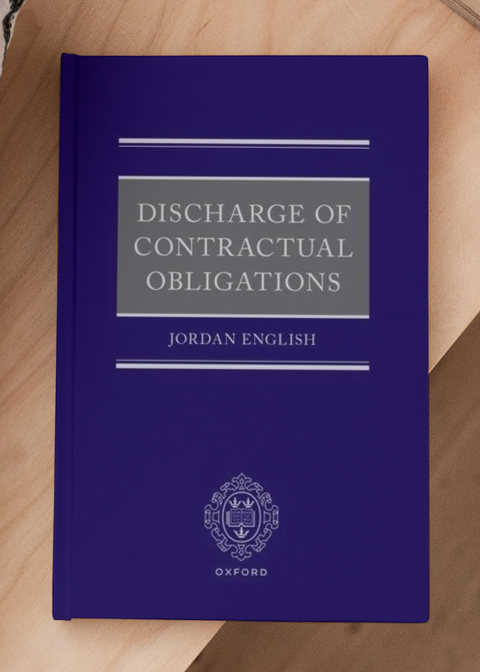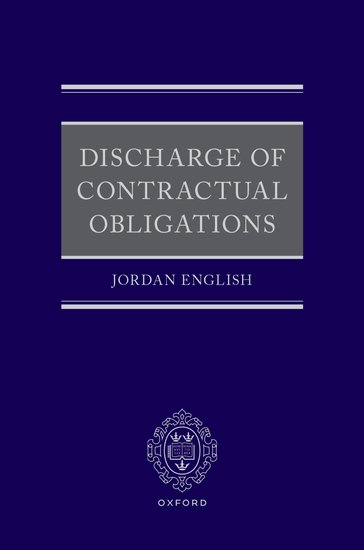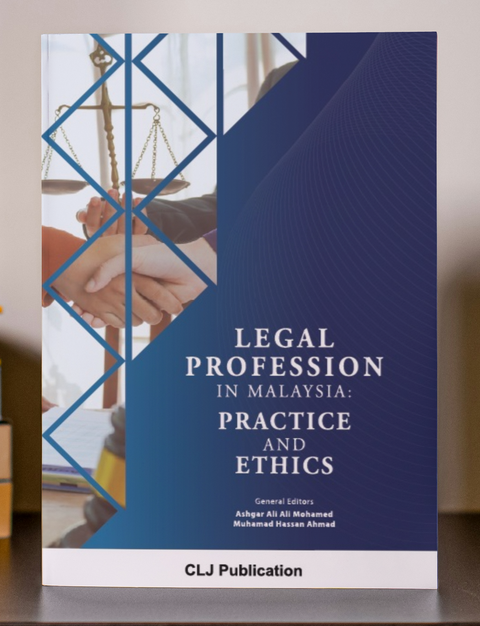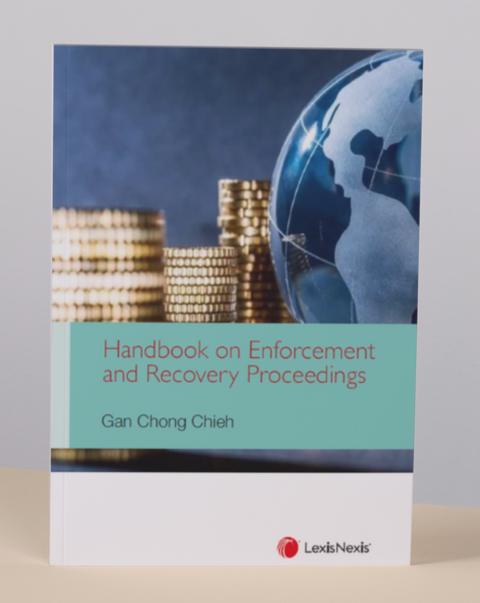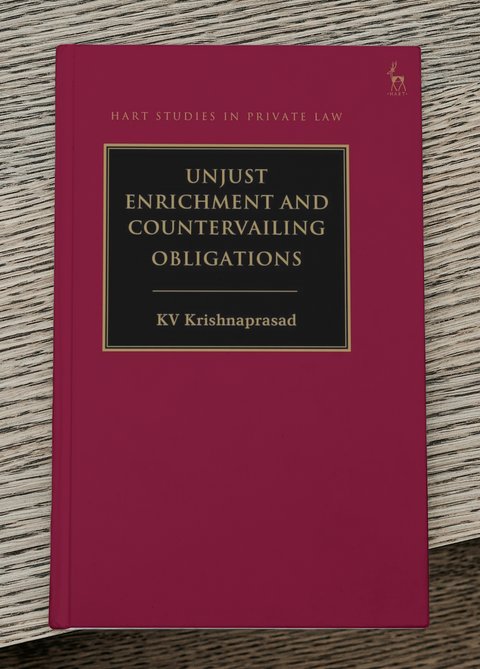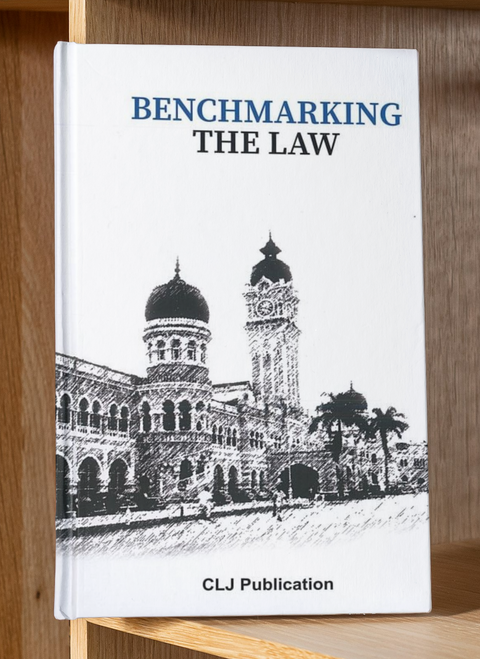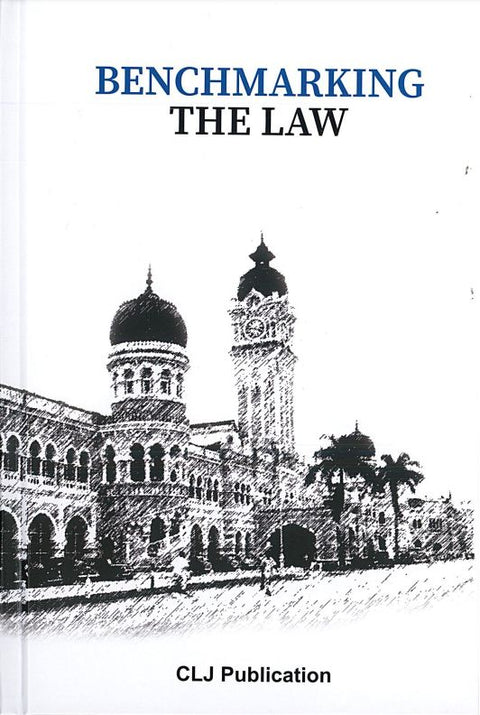




An Exclusive Treatise on Law of Bails by Malik | 2023
Order within the next 3Hours 18Minutes for next dispatch, and you'll receive your package between May 09 and May 12!
*For non-pre order merchandise.
*eBooks processed within 3 working days.
An Exclusive Treatise on Law of Bails by Malik | 2023
| Author | Malik |
| Publication Date | 2023 |
| ISBN | 9789388918589 |
|
Format |
Hardcover |
| Publisher | Delhi Law House |
Article 21 of the Constitution of India ensures the protection of life and personal liberty for all individuals. This fundamental right includes the right to live with human dignity and personal liberty, which in turn grants us the right to seek bail when arrested by any law enforcement authority.
Bail serves as a crucial safeguard to prevent the punishment of innocent individuals before they are proven guilty. The decision to grant or deny bail is influenced by factors that may not necessarily relate to the merits of the case. The bail system relies on sureties and bonds, which can pose a challenge for those who are economically disadvantaged. Section 436-A of the Code of Criminal Procedure, 1973, may require further reforms to address these issues. In the Indian legal system, undertrial prisoners often face significant hardships. The prosecution, overwhelmed with cases, frequently causes delays in completing inquiries and filing charge-sheets, resulting in accused individuals remaining in custody for extended periods, sometimes even years.
This situation contradicts the principles of life and liberty guaranteed by the Constitution of India and is particularly tragic if the accused is ultimately found not guilty, as it leads to the loss of valuable years of their life. The provision for bail, especially anticipatory bail, is rooted in the legal principle of "presumption of innocence," which holds that every person accused of a crime is considered innocent until proven guilty. This fundamental principle is also enshrined in Article 11 of the Universal Declaration of Human Rights. The purpose of enacting Section 438 of the Code of Criminal Procedure is to protect an individual's liberty. The need for anticipatory bail arises when a person has reason to believe that they may be arrested on accusations of committing a non-bailable offense. Section 438, Cr.P.C., should be interpreted in the context of Article 21 of the Constitution of India.
While courts have consistently stressed the importance of protecting individual liberty and preventing arbitrary arrests, it is important to note that anticipatory bail is not an automatic right like other forms of bail. Bail refers to the process of securing the release of an accused person charged with certain offenses by ensuring their future appearance in court for trial and requiring them to remain within the court's jurisdiction.
Bail involves providing security to the court to secure the release of a prisoner who is required to appear at a later date. The purpose of arrest is to ensure that the accused is brought before the court to face justice. However, if this objective can be achieved without an arrest, then there is no justification for violating the individual's liberty. This is why bail may be granted to allow the accused person a conditional release.
Regular bail involves the court ordering the release of a person who is in police custody after payment of bail money. An accused can apply for regular bail under Sections 437 and 439 of the Cr.P.C., 1973. Interim bail is a temporary and short-term bail granted by the court while the regular or anticipatory bail application is still pending.
Under Section 437(5) of the Cr.P.C., the court that granted bail can cancel it if deemed necessary under certain conditions. Similarly, under Section 439(2), the Sessions Court, High Court, or Supreme Court can cancel the bail granted to the accused and order their return to custody. Section 389(2) of the Cr.P.C. also allows an appellate court to cancel bail and order the accused to be arrested and detained.
In this treatise, we have endeavored to address all legal aspects related to bail provisions, practice, and procedure. We have presented a comprehensive overview of the current law, incorporating the latest developments in this area.



![Real Property Gains Tax Act 1976 Act 169 [As at 1st January 2025]](http://www.joshualegalartgallery.com/cdn/shop/files/Screenshot_2025-05-08_135123.png?v=1746684966&width=480)
![Stamp Act 1949 (Act 378) [As at 1st January 2025]](http://www.joshualegalartgallery.com/cdn/shop/files/Screenshot_2025-05-08_135058.png?v=1746683574&width=480)
![Stamp Act 1949 (Act 378) [As at 1st January 2025]](http://www.joshualegalartgallery.com/cdn/shop/files/Image_3.jpg?v=1746683777&width=480)








